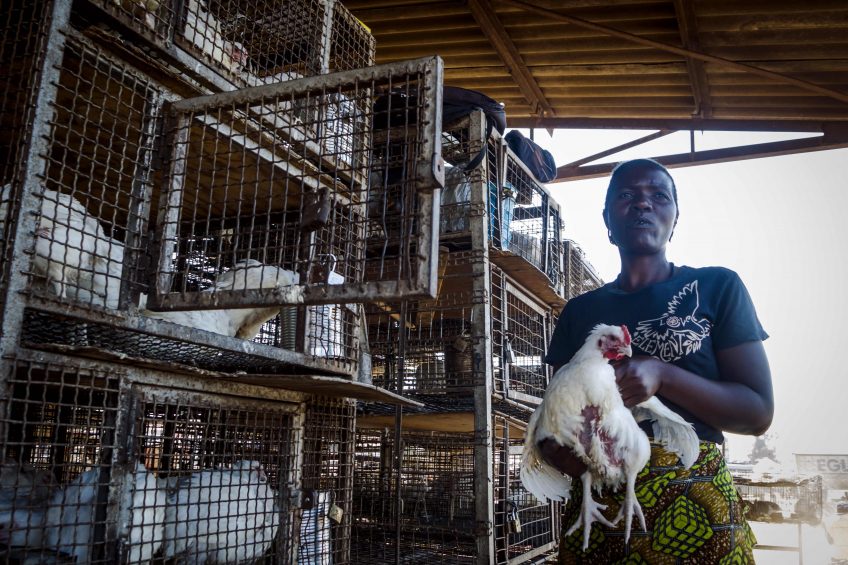South Africa struggles to bring AI outbreak under control

Avian influenza is continuing to spread across South Africa where 300,000 birds have been culled in the past 2 months.
On Monday (28 August) at least 30,000 chickens were found to have died from the disease on a farm in the Paardeberg region of the Western Cape.
Bird culls continue
South Africa’s Department of Agriculture, Forestry and Fisheries (DAFF) reported that its officials had culled a further 110,000 birds in a bid to control the disease.
For the latest insights on the 40+ most common poultry diseases, focusing on causes, clinical signs and proven treatment and control measures to take in account, check out the Poultry Health Tool.
H5N8 suspected but not confirmed
Because of the mortality rate it is believed the causal agent is the highly pathogenic H5N8 strain but DAFF tests were yet to confirm that was the case.
3km- radius control zones implemented
In a statement, DAFF said that all of the affected farms are under quarantine in 3km-radius control zones and exports of egg and egg products are suspended.
AI cases rises to 24
The latest case brings the total to 24 in the country since June and follows an outbreak on 17 August which saw 60‚000 birds culled.
Ostrich farms also hit
As well as chicken and egg producing farms 3 large-scale ostrich farms, with more than 1,000 birds each, have tested positive for the disease.
Other cases have been found in wild birds, backyard flocks and so-called hobby farms.
DAFF urges farmers and public to stay alert
DAFF has now called on farmers and the public to raise their awareness of the disease and report any findings of dead or sick birds.
Permission to import fertile eggs under consideration
With a looming shortfall in breeding numbers caused by the widening cull the South African poultry industry has requested permission from the government to import fertile eggs.
A government health official said that it was considering the request in the light of further potential risks from importing other diseases in egg products.
AI outbreaks globally
Meanwhile the virus continues to strike in other areas across the world including Russia, the Philippines and Italy.
Russia
Giant Russian poultry company Amur Broiler announced that it had culled 1 million birds since mid-August after dead poultry indicated a high pathogenic strain was present. The company added that it would cease production until 16 September.
Philippines
In the Philippines about 37,000 birds were culled to control H5N6 strain at a farm near Saint Luis on 12 August. The government immediately laid plans to cull 400,000 ducks, quail and hens located on farms within 1km of the outbreak.
Italy
And in Italy three more H5N8 outbreaks were recorded last week. Two were at commercial turkey farms in the Veneto region and one was linked to H5N8 at a game bird farm in Lombardy region.













